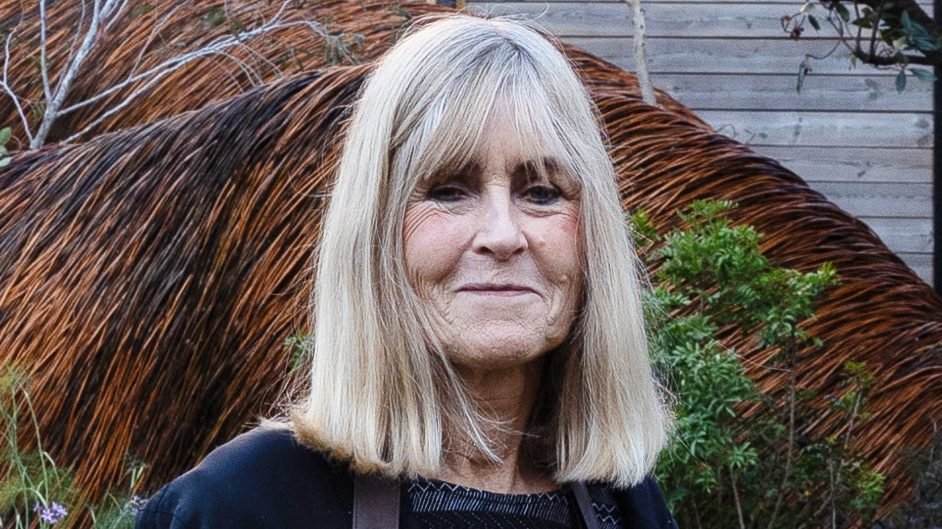From a clinical perspective, all these issues have a significant impact on the mental and physical health of vulnerable people, especially those who have experienced unimaginable horrors like torture. Mahmoud, who had severe post-traumatic stress disorder (PTSD) when I first met him, was improving very well with his weekly therapy sessions, with reduced flashbacks, nightmares, dissociation, and hyperarousal. He attended his weekly sessions punctually and regularly.
However, when Mahmoud received his relocation notice, everything else was put on hold while we worked tirelessly to find a solution. Due to the stress and anxiety, Mahmoud was not in a condition to continue treatment. Together with Freedom from Torture’s welfare team, we wrote countless urgent reports citing clinical reasons to support the housing case. There is a sense of dejection and deep anxiety that we all carry home with us about what will happen to the survivors we support. This is spread across all centres in the UK and with a shortage of housing and a lack of resources in local authorities, it feels never-ending.
For several weeks, Mahmoud and I were unable to meet; he was too upset, depressed, and anxious to travel for our sessions. Most weeks, I was able to speak to him or one of his family members over the phone, but it felt like all the efforts Mahmoud had put in to ease his PTSD had been wasted. The problems he faced finding stable, safe housing for his family pushed him to a new stage in his recovery from the traumatic event.
It’s been five months. Charity money for a hotel room has long since dried up, but a housing lawyer managed to get the family into emergency accommodation. They were only supposed to stay for a maximum of 56 days, but they’ve been there for over 12 weeks. The family shares facilities (kitchen, washing machine, etc.) with other families. There are no tables or chairs, and they can’t bring in their own furniture. There is a bed, but the mattress is thin and the springs stick out.
Mahmoud’s youngest son’s school is far away, so he and his mother make very tiring journeys every day. The ongoing nightmares of the torture mean that Mahmoud, who was already sleep-deprived, is now having trouble sleeping. Severe anxiety about his family and housing situation has made this even worse. Recently, however, Mahmoud has felt able to return to his weekly sessions, despite the long journey to the centre and the ongoing transportation issues. Despite all they have been through, the family’s mood is hopeful for the first time in a very long time.
The truth is that successive governments have failed to address the need for affordable housing for all and it is time for those in power to provide refugees with the protection and stability they need and help them rebuild their lives in the UK.
Dr. Jennifer Walters is a clinical psychologist at Freedom from Torture.
Do you have a story you’d like to tell or an opinion you’d like to share about this? Please contact us and let us know the details. The Big Issue exists to give homeless and socially vulnerable people the opportunity to earn an income. Please buy the magazine to support our work Or download the app App Store or Google Play.

